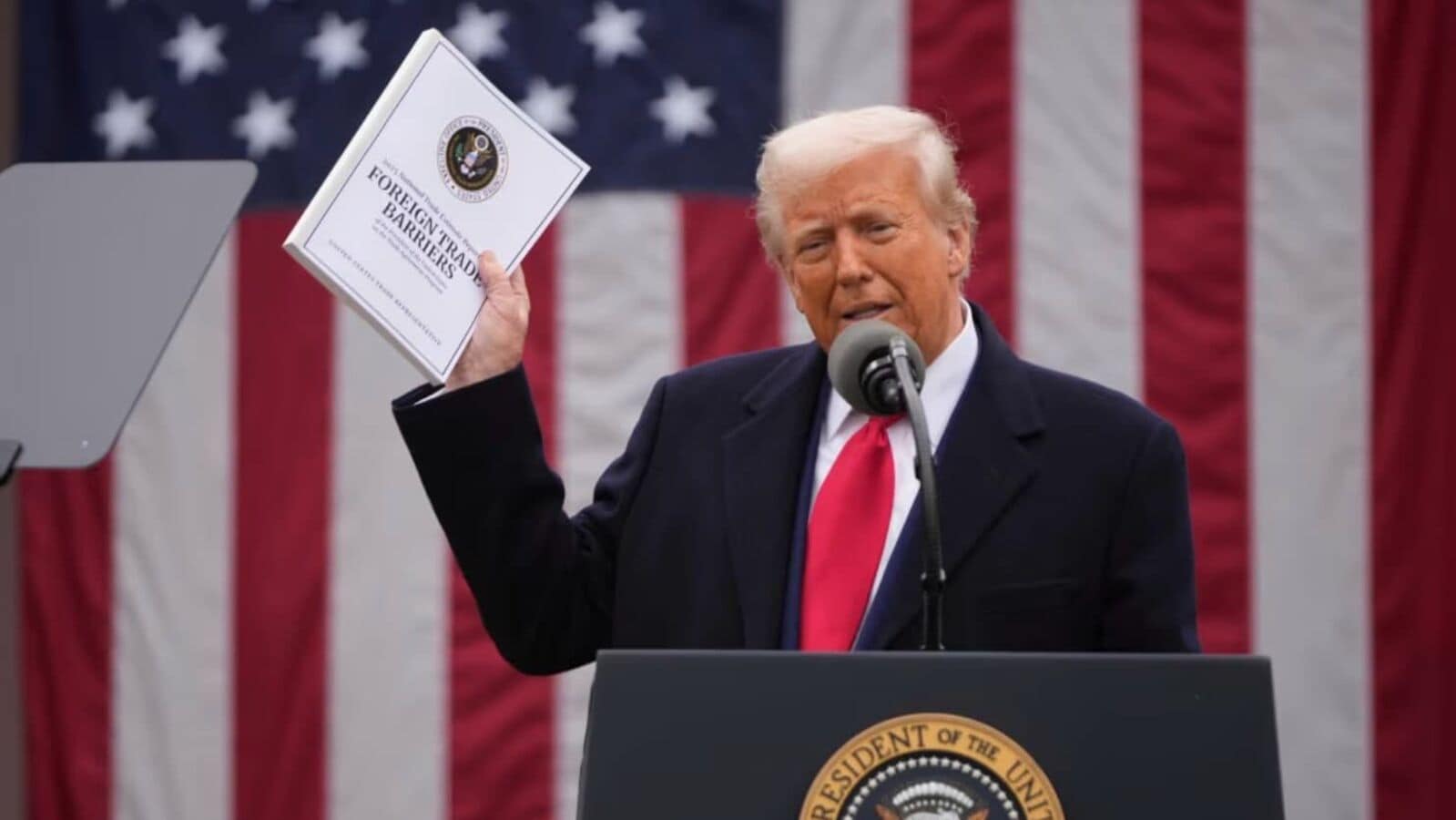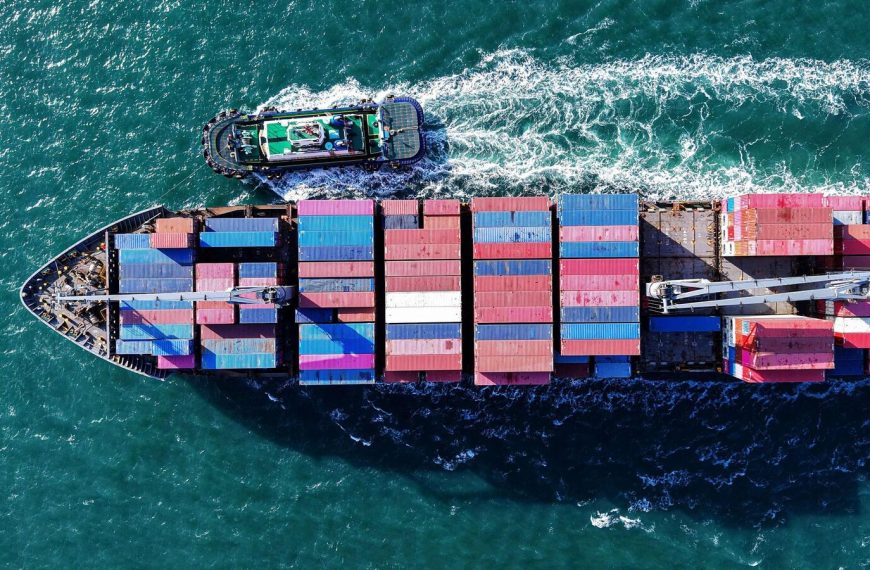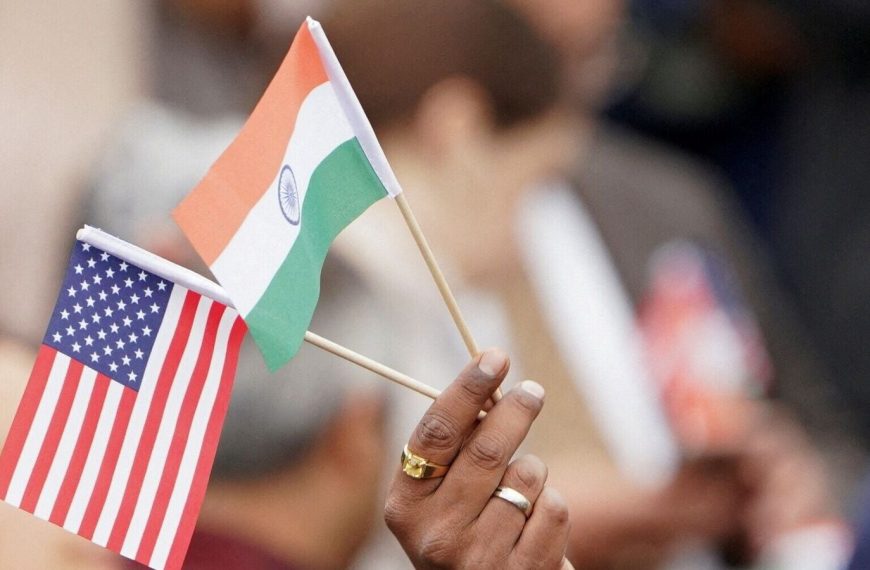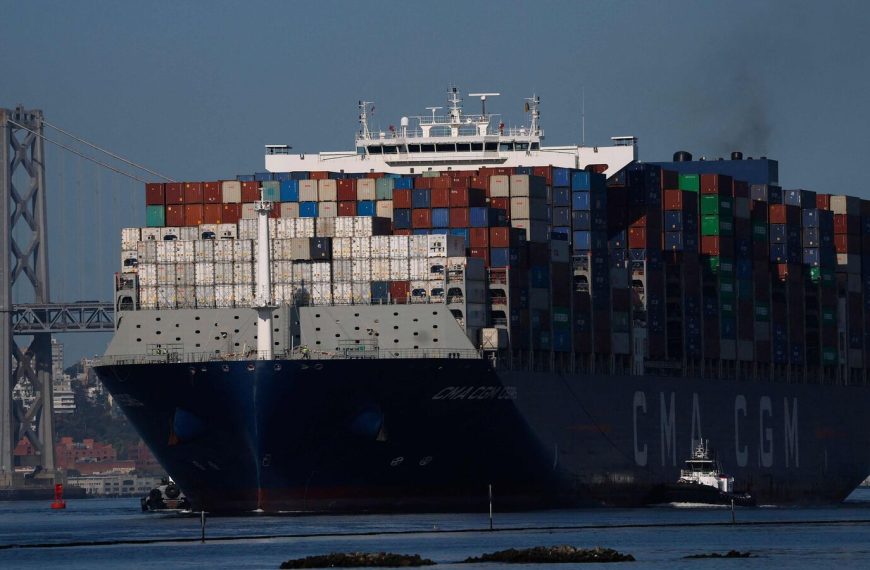In a dramatic turn of events, President Donald Trump has stirred the global trade landscape by imposing new tariffs on various countries, including China and India, leading to a significant drop in Asian stock markets. Just one day after these tariffs were announced, Trump hinted at the possibility of reducing them if other nations could provide something “extraordinary” in return. However, U.S. Commerce Secretary Howard Lutnick quickly dismissed any notion of easing tariffs, asserting that negotiations were off the table.
The Stance on Tariffs: No Room for Negotiation
During a recent interview with CNN, Lutnick emphasized the firm position of the Trump administration regarding tariffs. He stated, “There is not any chance that President Trump is gonna back off on tariffs,” making it clear that the current strategy is to maintain pressure on trading partners.
- Key Takeaways:
- No negotiations anticipated regarding tariffs.
- Countries need to address their own trade barriers.
Trump’s Conditions for Tariff Relief
In a related context, Trump has expressed a willingness to reconsider tariffs specifically for China if the Chinese government agrees to facilitate the sale of ByteDance Ltd.’s TikTok operations in the U.S. This situation is time-sensitive, with TikTok facing a critical deadline on April 5 for divestment unless an extension is granted.
A Snapshot of Trump’s Tariff Strategy
On April 2, President Trump unveiled extensive tariffs, targeting over 180 countries without any exemptions. This announcement, referred to as “Liberation Day,” introduced a standard 10% baseline tariff alongside varied rates tailored to each country affected.
- Impact of Tariffs:
- Asian stock markets have experienced significant declines.
- The S&P 500 has lost approximately $2.4 trillion in market value since the tariffs were announced.
Final Thoughts
As the global economy braces for potential fallout from these tariffs, many are left wondering how countries will respond. The landscape of international trade is shifting rapidly, and nations must adapt to new realities to protect their economic interests. The next few weeks will be crucial in determining whether diplomatic solutions can emerge from this escalating trade tension.
For ongoing updates on trade policies and market reactions, stay tuned to our latest news coverage.











